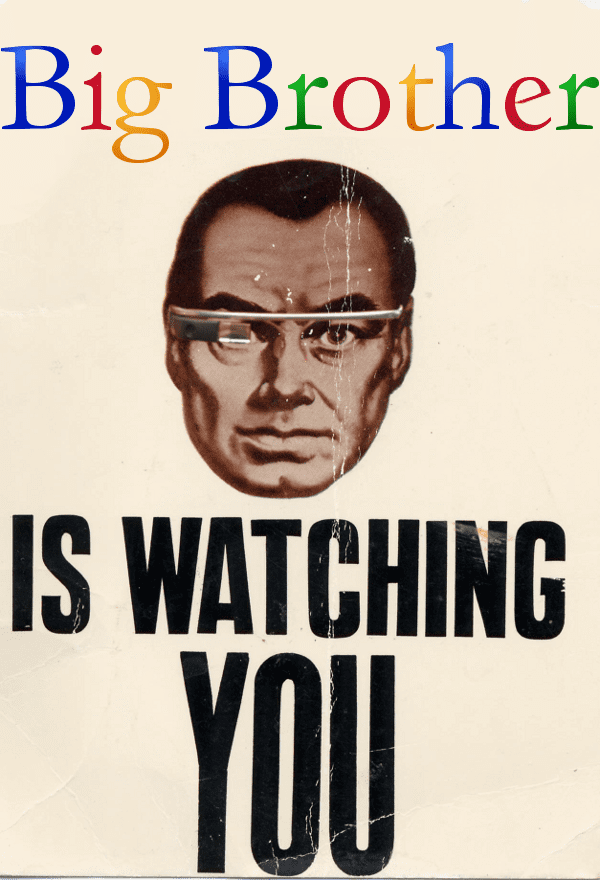Verbal gaffes are nothing new to politics. When you spend the majority of your time speaking to reporters, staffers and constituents, you’re bound to trip over your own words or misspeak on occasion; this mainly equates to an embarrassing feature in one news cycle that is quickly forgotten. Some comments, however, get taken to task – and threaten to sully an entire presidential legacy.
Over a year ago, Barack Obama established a ‘thin red line’ when it came to military intervention in Syria: the use of chemical weapons. As we all learned recently, that red line has been crossed – the details are murky at best as to by whom – and now the Obama administration has a geopolitical quandary on its hands.
As action has yet to occur, and international support for any military involvement has rapidly eroded, the White House is dealing with the fallout from vocalizing a hardline stance on Syria. Like George W. Bush’s ‘Mission Accomplished’ banner before him, President Obama is now facing an administration-defining misstep. Establishing ultimatums only works when you’re prepared to back them up, and with dwindling approval at home and abroad, he is faced with the possibility of going to war on unverified evidence or looking weak internationally.
While opinions on the facts of the Syrian situation differ from who you speak with, I believe we can all agree on one: launching tomahawk cruise missiles for the sake of saving face is not the correct response.
It remains to be seen what type of action will take place in Syria, but it’s safe to say that President Obama wishes he could have that ‘thin red line’ remark back. Verbal gaffes occur daily from government officials, but when political gamesmanship turns into political backpedaling, those seemingly mindless foot-in-mouth moments can become the black mark on your own entry in the history books.
-Carter Breazeale








